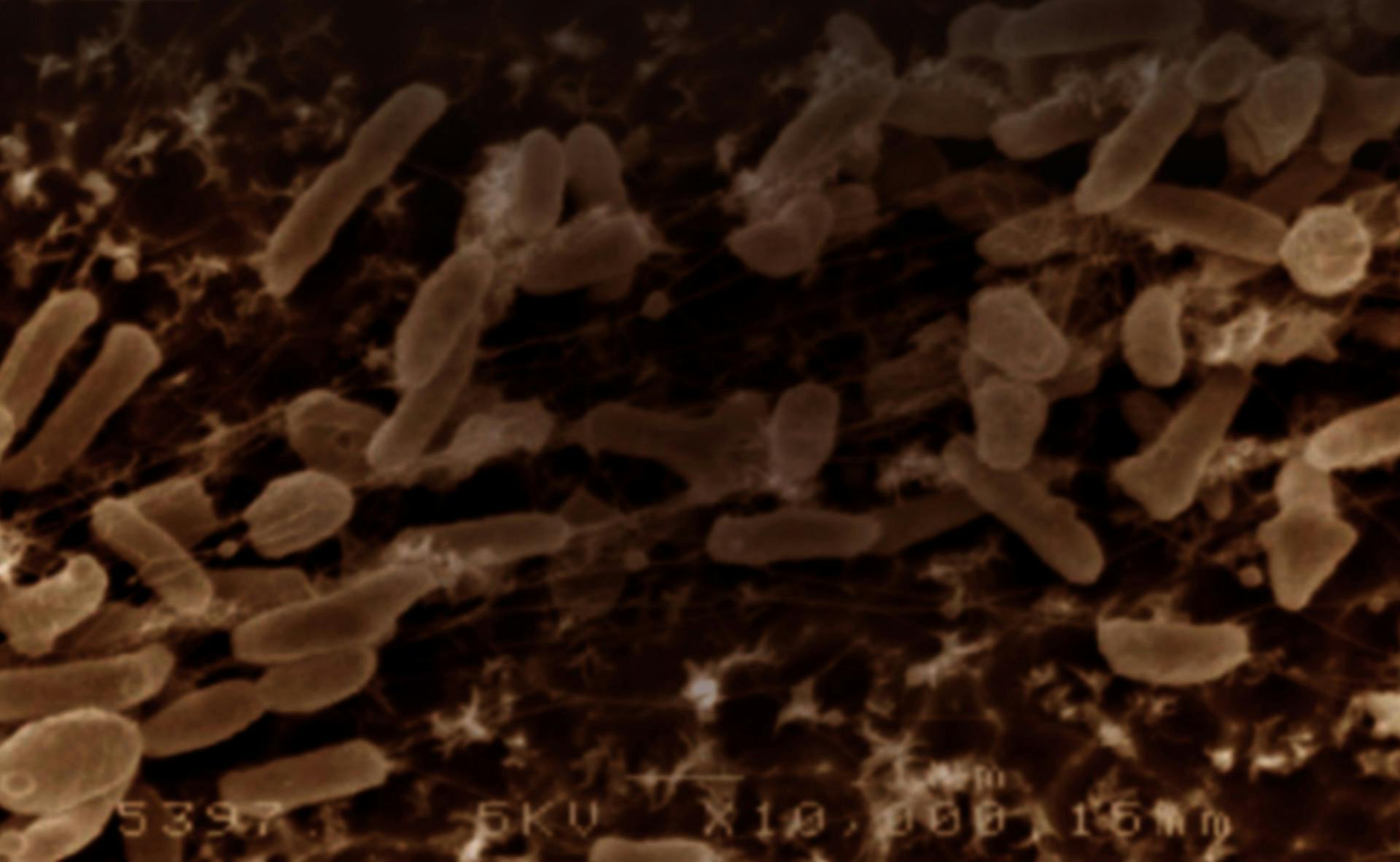Scientists from the United Kingdom's University of Portsmouth and the National Renewable Energy Laboratory of the U.S. Department of Energy may have found a way to tackle the problem of existing plastic waste. According to ScienceDaily, researchers from the two institutions were investigating a new naturally occurring enzyme, discovered at a Japanese landfill, that aided bacteria in digesting plastic. During their experimentation, the scientists tweaked the structure of the enzyme by adding amino acids, creating what’s been branded a “mutant enzyme” that more efficiently degrades certain plastics.
In an interview with Reuters, John McGeehan, one of the co-leaders from Portsmouth, expressed how exciting this development was, “because that means there’s potential to optimize the enzyme even further.” He told The Guardian the team wants to “use this enzyme to turn this plastic back into its original components, so we can literally recycle it back to plastic.”
The enzyme doesn’t degrade every plastic. It does, however, degrade one of the most common and most problematic plastics—polyethylene terephthalate, or PET, frequently used in plastic bottles.











